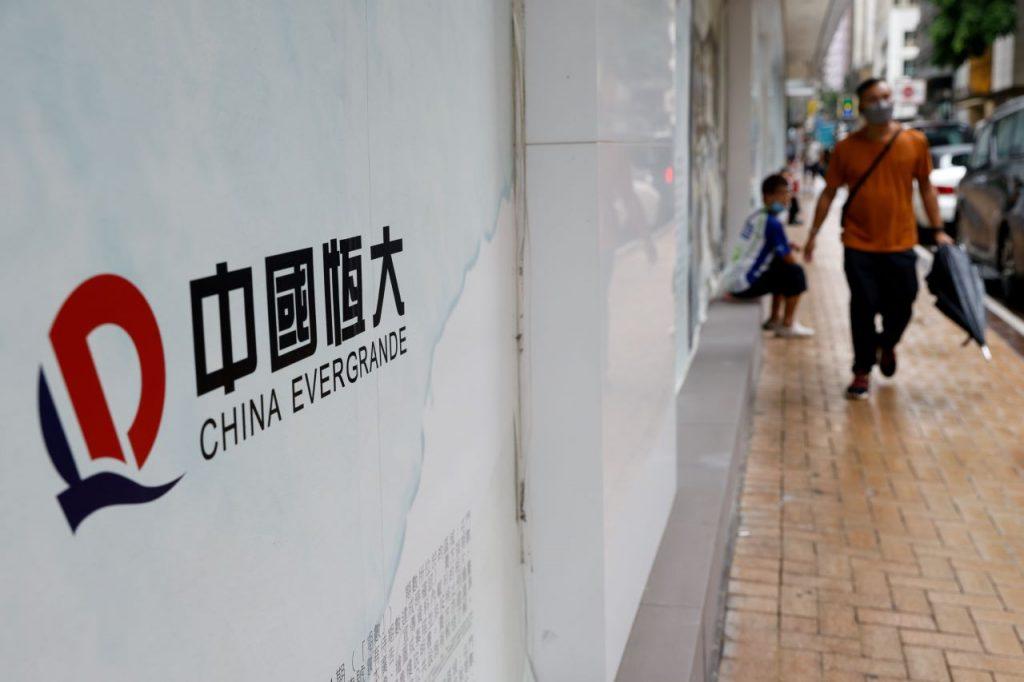Beijing tells Evergrande boss to pay firm’s debts with own cash, says report
However, it is unlikely that Xu Jiayin's personal sacrifice would make much of an impact on Evergrande's liabilities of more than US$300 billion, with Bloomberg reporting his fortune at less than US$8 billion.
Chinese authorities have told Evergrande founder Xu Jiayin, once the country’s richest man, to use his personal wealth to alleviate the embattled company’s debt crisis, according to media reports.
The liquidity crunch at one of China’s biggest property developers has hammered investor sentiment and rattled the country’s crucial real estate market, while fanning fears of a possible contagion of the wider economy.
Last week, the group unexpectedly paid interest on an offshore bond just before a Saturday deadline, averting a default and giving it a much-needed reprieve.
Evergrande also reported that it had resumed work on more than 10 stalled projects.
But Bloomberg News reported Tuesday that Beijing has pushed Xu – also known as Hui Ka Yan in Cantonese – to dip into his own pocket to help pay off some of the company’s debts, citing people familiar with the matter.
The report said the directive from Beijing came after his company missed an initial bond interest payment due on Sept 23.
However, it is unlikely that Xu’s personal sacrifice would make much of an impact on Evergrande’s liabilities of more than US$300 billion, with Bloomberg reporting his fortune at less than US$8 billion.
Xu, 63-year-old, was once the wealthiest person in China, worth more than US$40 billion just a few years ago, before Evergrande’s troubles began.
People cited by Bloomberg also said that local governments across China are monitoring the developer’s bank accounts to ensure company cash is used to complete unfinished housing projects and not diverted to pay creditors.
The crackdown on China’s indebted real estate sector that prompted Evergrande’s cash crisis has also hit several other builders, with Sinic and Fantasia among those failing to make debt payments.
On Wednesday ratings agency Fitch downgraded another, Modern Land, saying it failed to make a US$250 million payment this week.
A key Chinese regulator also urged companies to meet their offshore bond payments in a statement on Tuesday.
Evergrande’s woes come as Chinese President Xi Jinping ramps up rhetoric of his “common prosperity” campaign designed to equal out wealth and tighten oversight of home-grown private giants.
Subscribe to our newsletter
To be updated with all the latest news and analyses daily.
